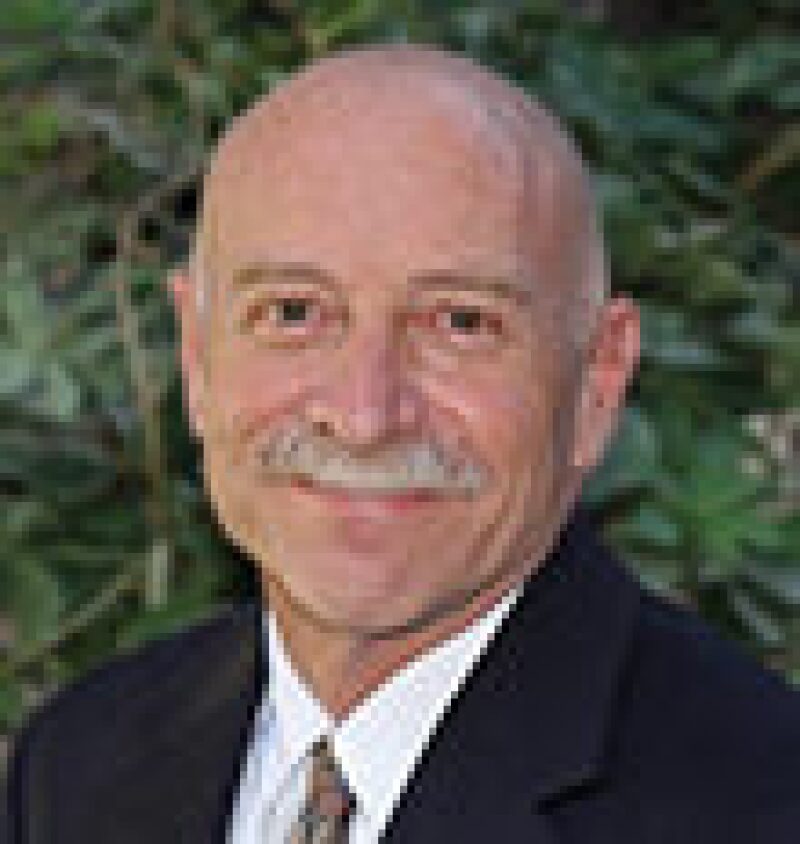How many times have you heard that data analytics and machine learning would solve all of our problems, leaving us lucky humans to recline on the beach eating bonbons while robots do all the hard work? Given the widespread adoption of inexpensive real-time automation and metering systems, where do all these new data go? While passing from field operations to the district office, instantaneous well rates and pressures are averaged to daily values; dailies are simplified to monthlies for reporting to management and some regulatory agencies; and even those summaries are further agglomerated into “lease” totals for others, who seem stuck with the data standards they had when they were first conceived—in the 1920s.
Do better data lead to better outcomes for one or even for all? An argument can be made that poor or inaccurate data favor the more cunning, those who can see through the fog (or have access to better alternative data) and position themselves to take advantage of the ignorance of the majority. High-quality data have become a resource in themselves, to be traded and leveraged for personal gain.
I’ve found the world is not so diabolical. Royalty owners, regulators, managers, and technical professionals agree that a minimum standard of monthly oil, gas, water, injection, and perhaps wellhead pressure for each well benefits all. Like audited financial data available to the public for each security listed on a stock exchange, high-quality production data provide the means for all parties to make investment decisions knowing that any “salted” or false production statistics will be vetted by thousands of diverse users, similar to the blockchain concepts that are now so popular.
For at least the next few years, seasoned hands will be required to separate the wheat from the chaff.
And why do professionals lobby for data consistency, write technical papers, and divulge valuable knowledge for the benefit of others? Smart companies know that, in a world of instantaneous data transfer and third-party research, technical breakthroughs mixed from a cocktail of previous techniques are quickly adopted by other operators and only failures are submerged in the rising tide of survivor bias. How many of us know the names of Arps, Aziz, and Bourgoyne while those who hide and obscure their data/results are quickly forgotten, if they were ever known?
In a time of overwhelming data flows (both good and bad), SPE provides a means of sharing meaningful findings plucked from the torrent of big data, not only for commercial gain but also for a legacy of service to our industry and to society as a whole. Until robots can sort the good data from the bad, and write innovative papers for each other to read and critique, the beach will have to wait.
This Month's Technical Papers
Water-Injection Techniques Increase Recovery in Conventional Gas Reservoirs
Hydrocarbon-Gas Cycling Improves Recovery in the Arun Gas Field
Huff ’n’ Puff Gas-Injection Pilot Improves Oil Recovery in the Eagle Ford
Recommended Additional Reading
OTC 28712 Novel Surface-Modified Nanoparticles for Long-Lasting Mitigation of Water and Condensate Blockage in Gas Reservoirs by Mohammed Sayed, Aramco Services Company, et al.
SPE 187667 Adsorption Role in Shale-Gas Recovery and the Feasibility of CO2 in Shale Enhanced Gas Recovery: A Study on Shale Gas From Saudi Arabia by Mohammed Eliebid, King Fahd University of Petroleum and Minerals, et al.
SPE 190966 Innovative Well Designs for High GOR: Extending Gas Production With Common Gas Well Deliquification Techniques by J. Clifton Goldney, Pan American Energy, et al.

| Scott J. Wilson, SPE, is a senior vice president for Ryder Scott in Denver. He specializes in well-performance prediction and optimization, reserves appraisals, simulation studies, custom software development, and training. Wilson has worked in all major producing regions in his 30-year career as an engineer and consultant with Arco and Ryder Scott. He served as cochairperson of the Reserves and Economics Technology Interest Group and chairperson of the Denver Section of the Society of Petroleum Evaluation Engineers and currently serves on the JPT Editorial Committee. Wilson holds a BS degree in petroleum engineering from the Colorado School of Mines and an MBA degree from the University of Colorado. He holds three patents and is a registered professional engineer in Alaska, Colorado, Texas, and Wyoming. Wilson can be reached at scott.wilson@ryderscott.com. |

